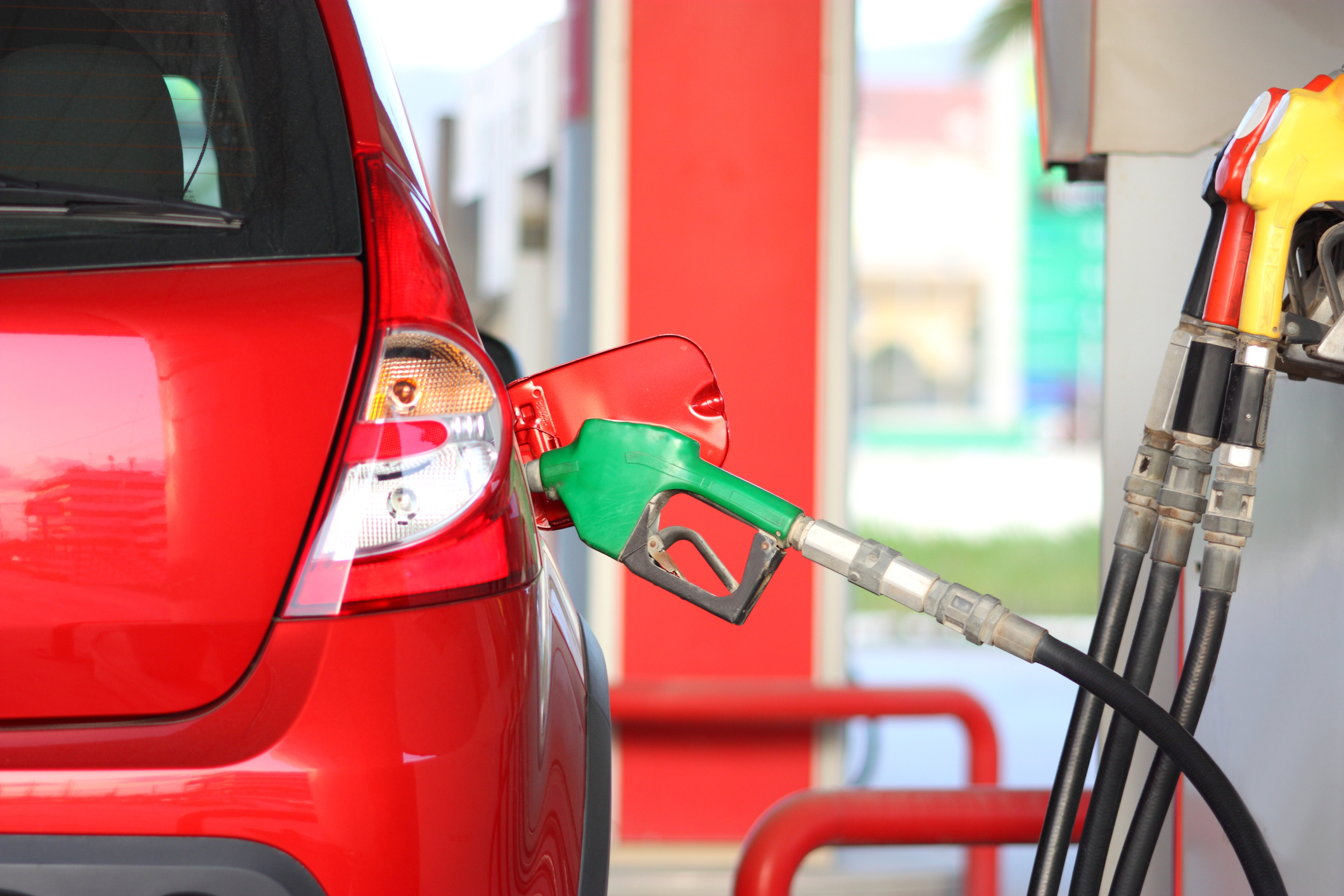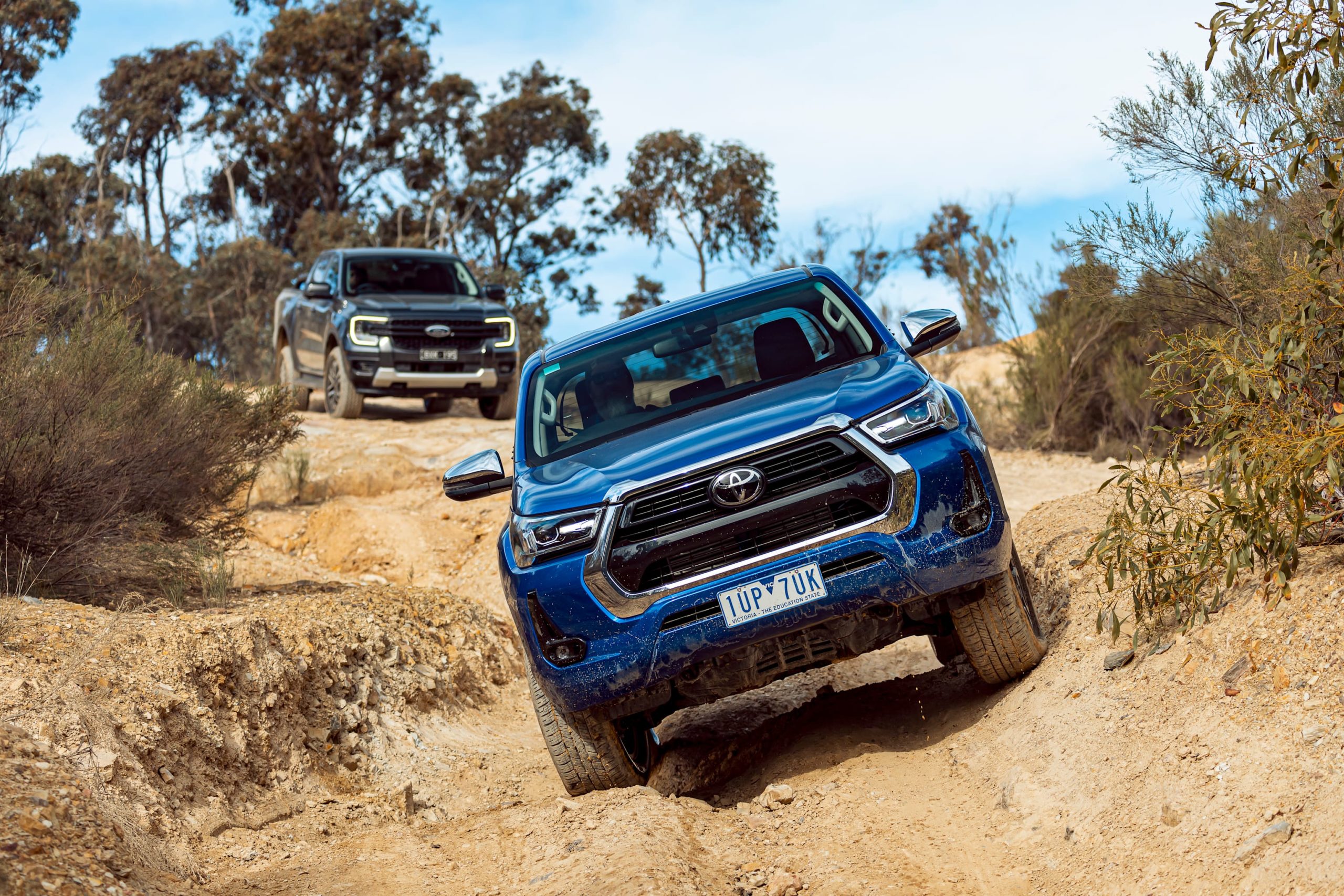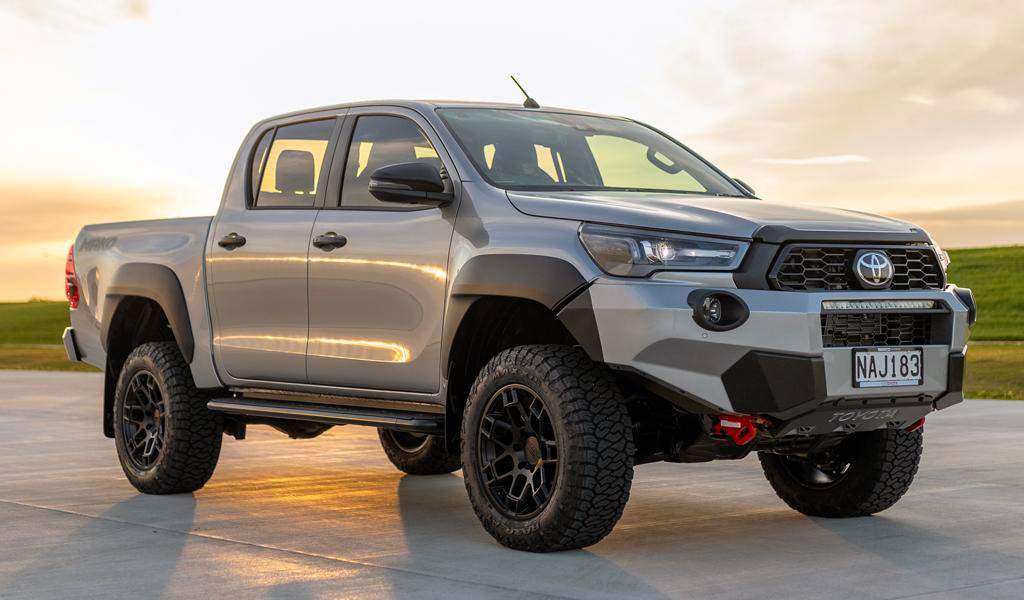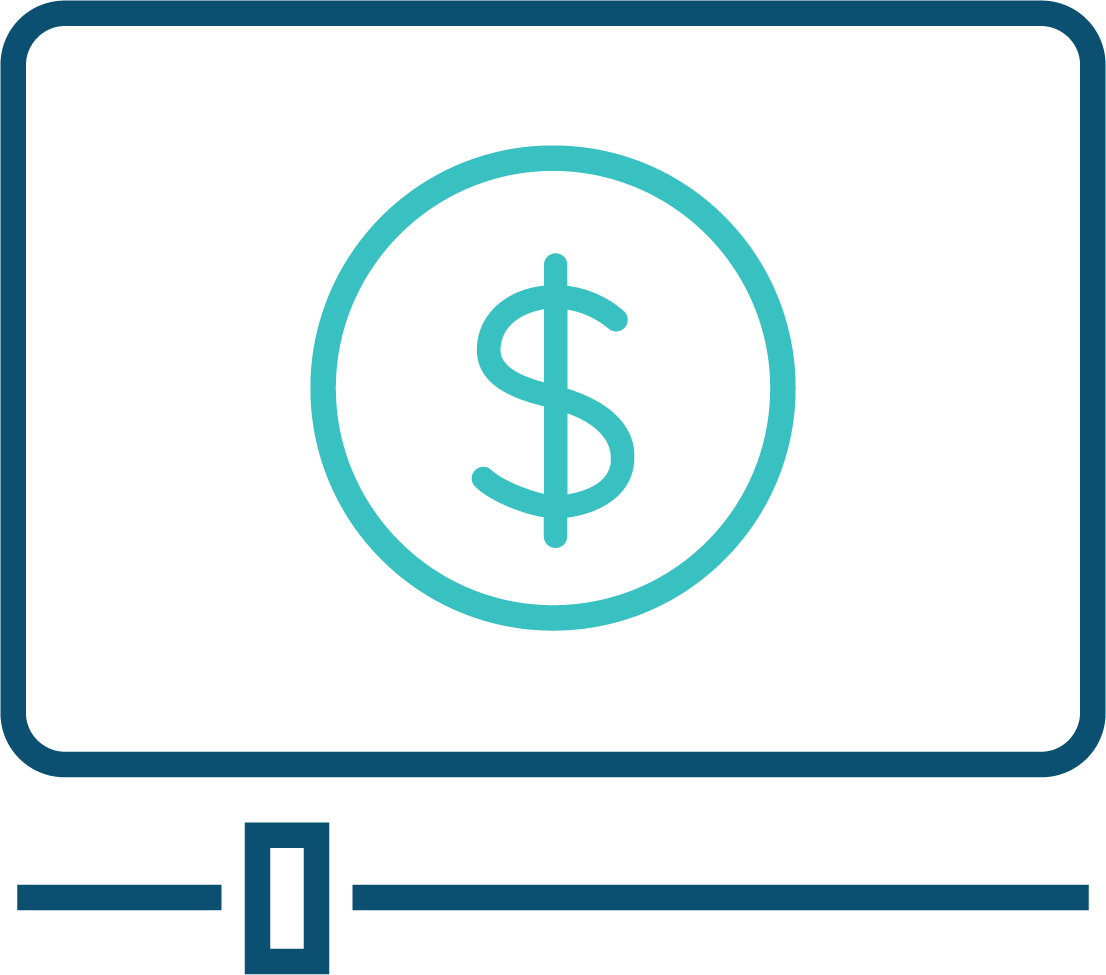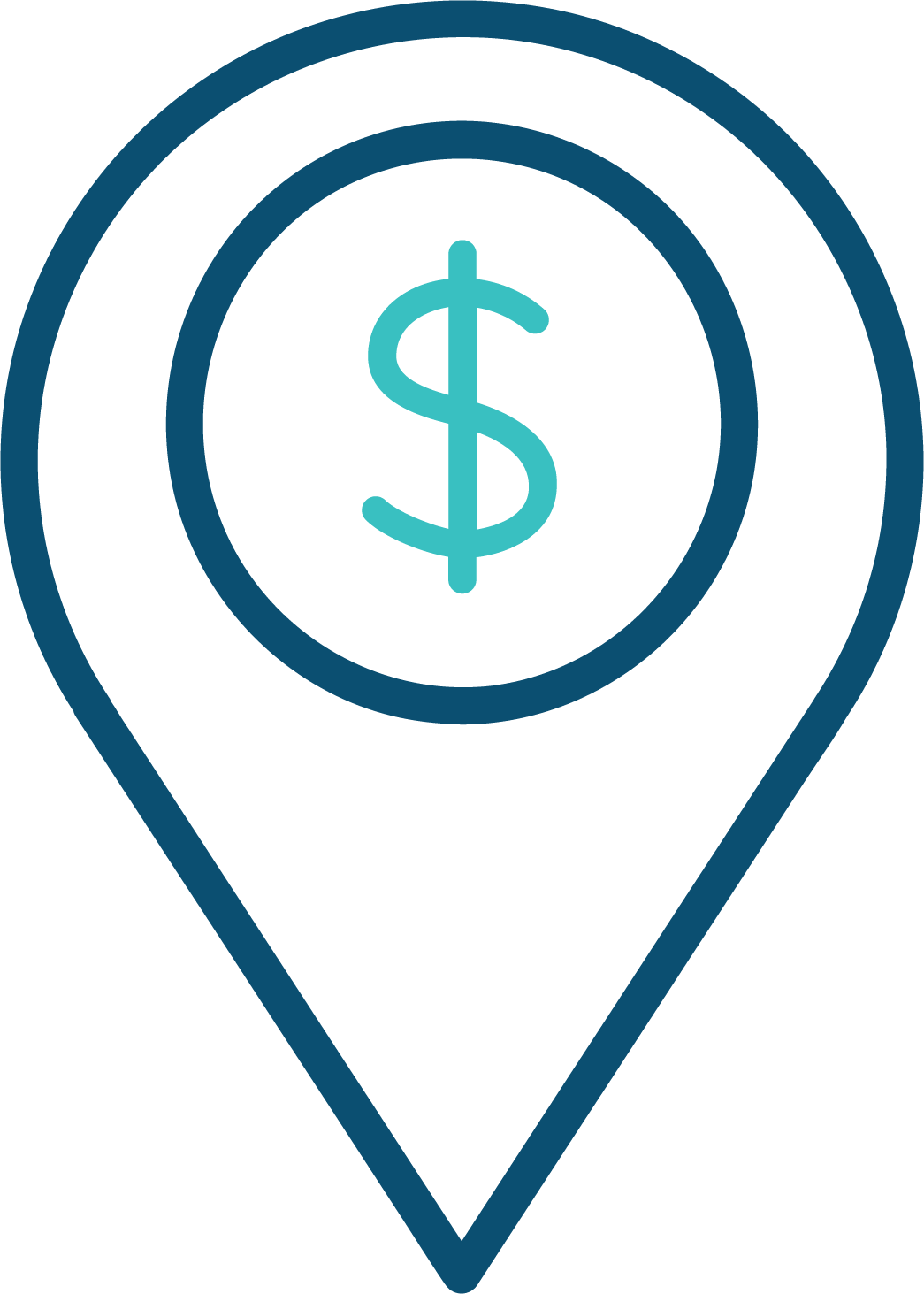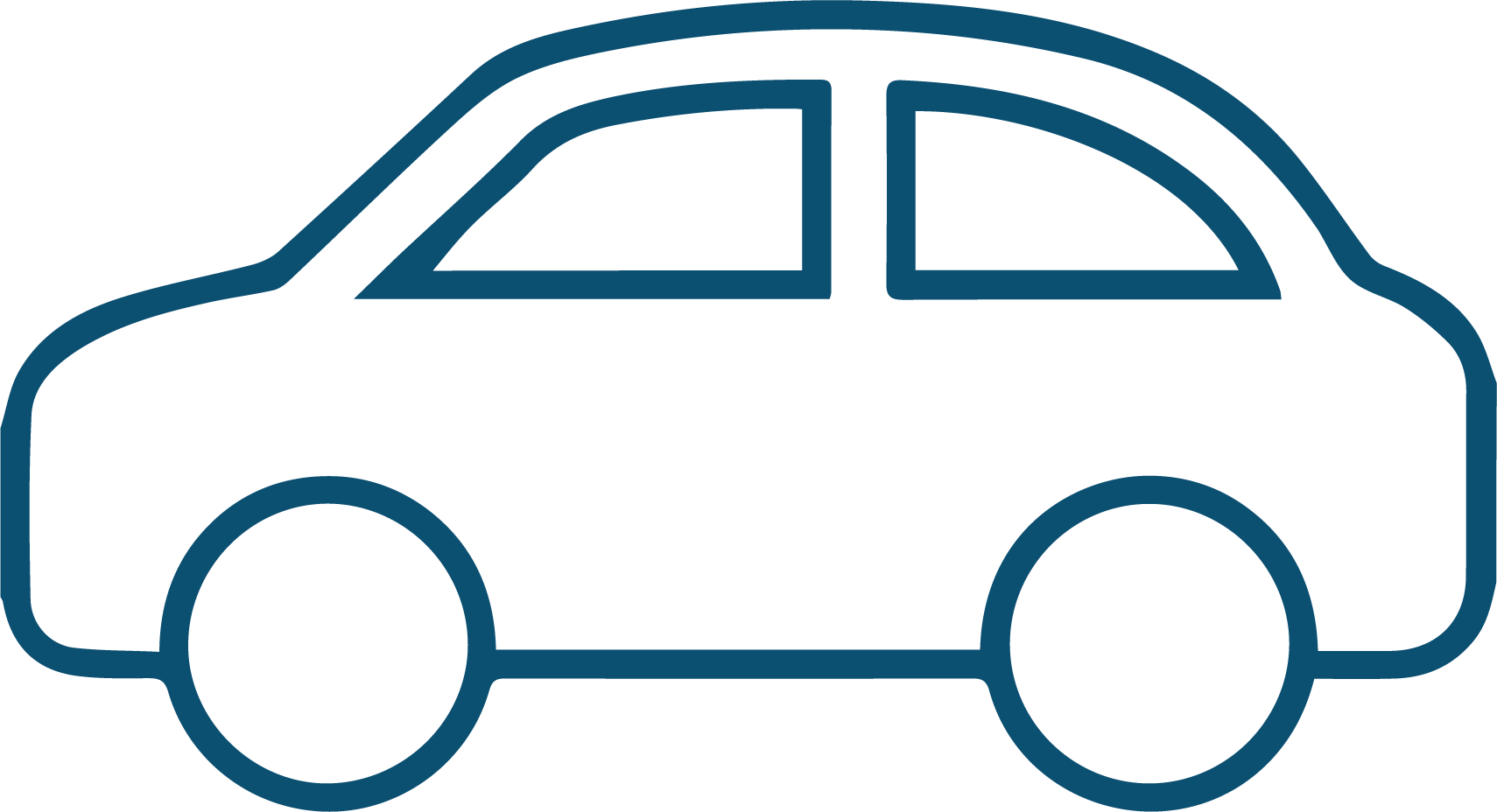What type of fuel do I need for my vehicle?
Understanding the different types of fuel available in Australia can be confusing for many drivers. Most service stations now carry their own branded and named fuel, each with varying claims of quality and performance. Here’s a quick roundup of what it all means.
What fuel types are there?
Liquefied petroleum gas (LPG) – This fuel has been historically cheaper than petrol, but also has lower fuel economy. LPG was popular among drivers due to a government incentive to transition existing petrol engines to gas. It’s no longer popular due to higher prices and removal of the government incentive.
Petrol – This fuel type covers a wide range of options available to drivers. These include regular unleaded, premium unleaded, and ethanol options. Regular unleaded is one of the most common fuels used in Australian cars.
Diesel – Often associated with commercial vehicles, diesel engines offer better fuel economy than petrol engines. Car manufacturers are now selling diesel alternatives for many standard passenger cars.
What do the numbers mean?
The fuel options available for petrol-powered cars are often differentiated by a number. These numbers relate to octane levels in the fuel which can contribute to vehicle performance. You may see 91, 95, or 98 in the unleaded range. This number represents the ‘research octane number’ (RON). Regular unleaded is usually 91 or 93, and premium is 95 or 98. E10 fuels include 10% ethanol blended with standard unleaded petrol. Ethanol blends may not be suitable for some vehicles.
Do I need additives to improve my fuel?
There are a range of fuel additives on the market that claim to clean your engine and injectors, improve your engine’s performance, or have a positive impact on fuel efficiency. If you have a standard passenger vehicle and you stick to the servicing schedule, it’s unlikely you’ll need to include additives when fuelling up. If you have a high-performance vehicle or an older car, there may be some benefit in using additives. However, it’s important to seek expert advice first as the wrong additives may have a detrimental effect on your engine.
What happens if I choose the wrong fuel for my vehicle?
Filling your tank with the wrong fuel, such as diesel instead of petrol, can be disastrous and expensive. This is especially the case if you start your car without realising what you’ve done. It can cause considerable damage to your engine. If you notice your mistake prior to starting your car, it will be an easier fix. Your mechanic will just need to drain the fuel tank and flush the fuel lines. And once you fill the tank (with the correct fuel), you’ll be good to go. Most car manufacturers put a label or sticker on the fuel flap to remind you what type of fuel you need, so it’s always best to check first.
